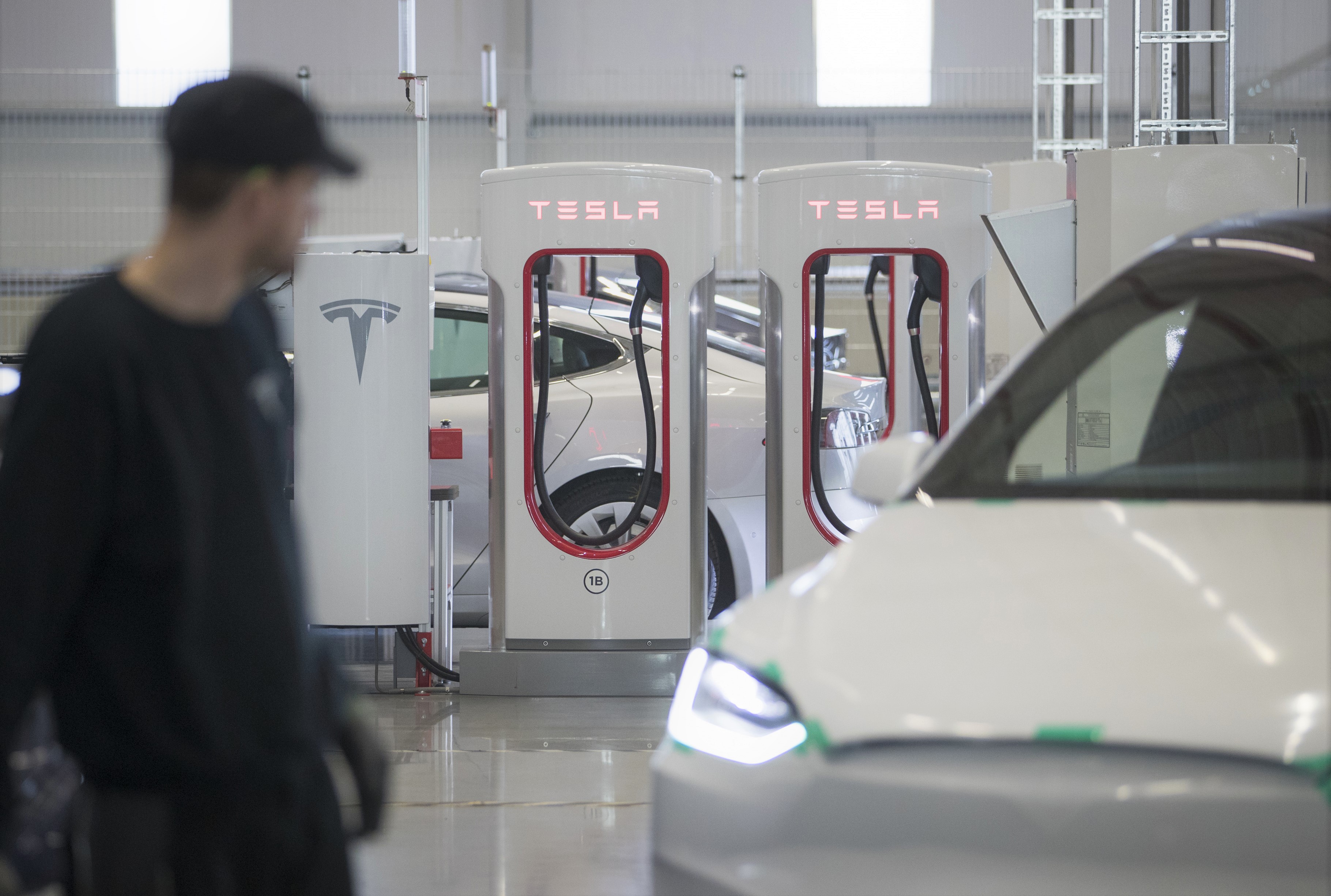
The New York Times reports that the Trump administration escalated its trade dispute with China on Tuesday, saying it would impose tariffs on roughly $200 billion worth of Chinese fish, petroleum, chemicals, handbags, textiles and other products if Beijing does not change its trade practices. The threat comes just days after President Trump imposed levies on $34 billion worth of Chinese goods, including robotics, airplane parts and ball bearings. Mr. Trump has said he is prepared to tax as much as $450 billion worth of Chinese products. On Tuesday, his administration detailed the next list of products that would face Mr. Trump's wrath unless Beijing folds to Washington's demands. The White House is pushing China to reduce its trade surplus with the United States, halt intellectual property theft and open its markets to American companies. Neither side appears eager to blink first. China has responded to Mr. Trump's initial tariffs with its own equal amount of levies on American goods like pork, steel, cars and fiber optic cable and has said that it is prepared to continue retaliating.
- Reuters reports that President Donald Trump suggested on Monday that China might be seeking to derail U.S. efforts aimed at denuclearizing North Korea, but said he was confident that North Korean leader Kim Jong Un would uphold a pact the two agreed last month. In his first remarks about challenging diplomatic talks held at the weekend that sowed fresh doubts over North Korea's willingness to give up its nuclear arsenal, Trump said China "may be exerting negative pressure" in reaction to punitive U.S. tariffs on Chinese goods. U.S. Secretary of State Mike Pompeo reported progress from the first high-level talks since Trump and Kim met in Singapore, although he said a hard road lies ahead - North Korea accused him of "gangster-like" diplomacy after he left Pyongyang. Following the June 12 Trump-Kim summit in which Kim made a broad agreement to "work toward denuclearization" of the Korean Peninsula, Trump went on to say that North Korea was no longer a nuclear threat, even though no details were announced. Pompeo went to Pyongyang aiming to "fill in" details of the agreement. On Monday, he said there were "many hours" of negotiations left.
The Washington Post reports that Tesla chief executive Elon Musk on Tuesday landed a deal with Chinese authorities to build a new auto plant in Shanghai, its first factory outside the United States, that would double the size of the electric carmaker's global manufacturing. The deal was announced as Tesla raised prices on U.S.-made vehicles it sells in China to offset the cost of new tariffs imposed by the Chinese government in retaliation for President Trump's heavier duties on Chinese goods. Musk was in Shanghai on Tuesday, and the Shanghai government in a statement said it welcomed Tesla's move to invest not only in a new factory in the city, a center of the Chinese auto industry, but in research and development, as well. China has long pushed to capture more of the talent and capital invested by global automakers in advanced electric vehicle technology. Tesla plans to produce the first cars about two years after construction begins on its Shanghai factory, ramping up to as many as 500,000 vehicles a year about two to three years later, the company said. That would make Tesla's Shanghai plant large by auto industry standards, where most factories are tooled to build 200,000 to 300,000 vehicles a year, and roughly equivalent to the planned annual production at Tesla's plant in Fremont, Calif.
- 2018-07-09 China attempts to get closer with Europe after Trump slaps new tariffs on Beijing
- 2018-07-08 Chinese risks to global stability are overblown
- 2018-07-06 China Says U.S. Has Begun 'Largest Trade War' In History, Retaliates With Tariffs
- 2018-07-05 China says U.S. 'opening fire' on world with tariffs, vows to respond
- 2018-07-04 Trump tariff salvo triggers anxiety for US chipmakers
- 2018-07-03 China's big bond experiment is about to go through a rough patch
- 2018-07-02 Trump Trade War Arrives in the Data as China Awaits Tariffs
- 2018-06-29 State Department risks China's ire with request for US Marines in Taiwan
- 2018-06-28 Xi Warns Mattis China Won’t Surrender ‘One Inch’ of Territory
- 2018-06-27 Trump Backs Softer Restrictions on Chinese Investment
- The New York Times U.S. Threatens Tariffs on $200 Billion of Chinese Goods, From Tilapia to Handbags
- Reuters Trump suggests China might be interfering in U.S.-North Korea talks
- The Washington Post China vows to save its companies from trade war pain — with cash
- Bloomberg China's Technology Sector Takes On Silicon Valley
- The Wall Street Journal China Lets Widow of Dissident Nobel Laureate Liu Xiaobo Leave
- CBS News How China could hurt the U.S. if it runs out of imports to tax
- ABC News China's Xi pledges billions in loans, aid to Arab nations
- WHIOTV How China could hurt US once it ran out of imports to tax
- Bloomberg Foreign funds keep pouring into China despite the yuan's jitters
- USA Today China's tariffs will hit farm states hard, spare service-heavy states
- NPR China Allows Widow Of Prominent Dissident To Leave The Country
- The Wall Street Journal Owner of China's Top News-Aggregation App in IPO Talks
- MSN BMW Finalizes Accord to Start Producing Electric Minis in China
- CFR U.S.-China Trade War: How We Got Here
- Foreign Policy Crisis in U.S. Nuclear Talks With Pyongyang Not China's Doing, Experts Say
- The National Interest China Thinks It Can Defeat America in Battle
- Brookings The future of the U.S.-China trade war
- Live Mint Trade, technology and Xi Jinping's question
- Bloomberg Chinese Tariffs on US Energy Would Signal a New Attitude
